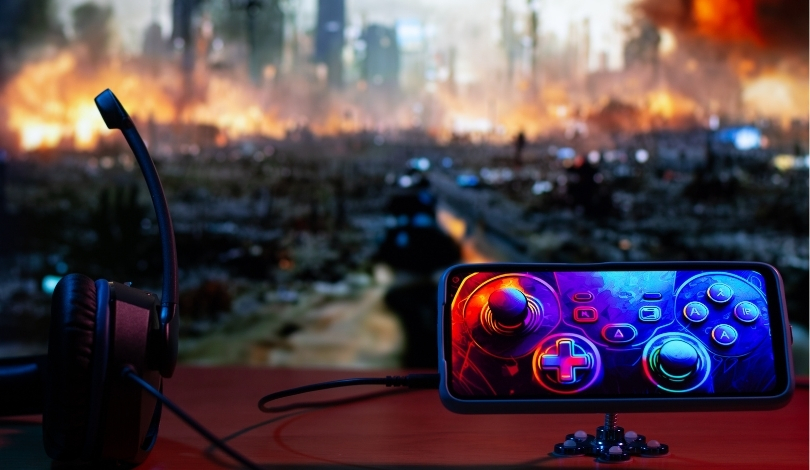Major shifts are unfolding at Ubisoft as the company restructures leadership for its iconic franchises—Assassin’s Creed, Far Cry, and Rainbow Six—following an agreement with Tencent. The creation of a new subsidiary marks a pivotal step in connecting Western game development with growing Eastern investment influence. The appointment of Christophe Derennes and Charlie Guillemot as co-CEOs signals Ubisoft’s intent to both preserve its legacy and reshape its most lucrative brands under a renewed management perspective. This collaboration arrives at a critical moment, reflecting broader industry trends of cross-border partnerships and internal renewal strategies. Corporate control, market dynamics, and the balance of creative vision all converge in this unfolding story.
Earlier developments surrounding Ubisoft’s partnership with Tencent emphasized Tencent’s status as a leading investor, yet indicated only limited influence over Ubisoft’s operations due to regulatory and shareholder restrictions. Previous discussions mainly focused on investment structures and speculation about Tencent’s real control within Ubisoft. The latest developments reveal that, despite Tencent’s financial input and strategic alliance, the Guillemot family continues to steer the company’s most valuable assets, with operational leadership now shared between seasoned internal talent and the next generation of the family. Details of individual backgrounds and the emphasis on internal cultural alignment mark a departure from prior reporting that centered primarily on deal mechanics and shareholder maneuvers.
Who leads the new Ubisoft-Tencent venture?
Ubisoft officially appointed Christophe Derennes and Charlie Guillemot as co-CEOs of its freshly established subsidiary. Christophe Derennes contributes over three decades of industry experience, having played significant roles at Ubisoft Montreal and within North American operations. Conversely, Charlie Guillemot, representing the second generation of the founding family, combines prior hands-on development credentials with entrepreneurial experience from co-founding Web3 gaming company Unagi. Their partnership aims to blend stability and continuity with new strategic directions.
What backgrounds do the co-CEOs bring?
Derennes is recognized for launching and steering high-profile Ubisoft projects, backed by a long record of management on longstanding franchises. Charlie Guillemot’s prior tenure at Ubisoft featured roles in both game production and studio management, notably his stint overseeing Tom Clancy’s Elite Squad. He is characterized as bringing an “entrepreneurial perspective and a sharp understanding of evolving industry dynamics and players’ expectations,” a perspective informed by work in emerging tech areas like AI and NFTs.
“With a strong product mindset, deep tech culture, and a passion for games, he represents a new generation of leadership focused on innovation, quality, and putting players at the centre of decision-making,” stated Ubisoft.
How does Tencent’s involvement affect Ubisoft’s operations?
Tencent remains Ubisoft’s second-largest shareholder, but the Guillemot family continues to maintain overarching control over major decisions. The new subsidiary represents a collaborative management approach, with Tencent providing financial support and expertise as a strategic partner but not taking direct operational command. This arrangement aims to grant Ubisoft’s creative teams greater autonomy within the structure, as both companies seek to expand the global appeal and sustainability of Assassin’s Creed, Far Cry, and Rainbow Six across multiple platforms. The regulatory approval of Tencent’s investment is still pending and expected to resolve by the end of 2025.
Looking ahead, the combined leadership of Derennes and Guillemot exemplifies Ubisoft’s attempt to strike a balance between experienced stewardship and innovative thinking. This dual approach is intended to counter traditionalist tendencies with fresh, player-centered strategies, in response to shifting audience expectations and competitive market pressures. The company signals an intention to build multi-platform ecosystems and develop new engagement models for its top franchises, utilizing both internal expertise and Tencent’s resources. For observers and stakeholders, the evolving power dynamic highlights how major game developers manage partnerships with global tech giants while safeguarding creative direction. Understanding these layers—ownership, leadership, and cultural fit—will be important for anyone tracking the future of flagship gaming IPs and industry alliances.










